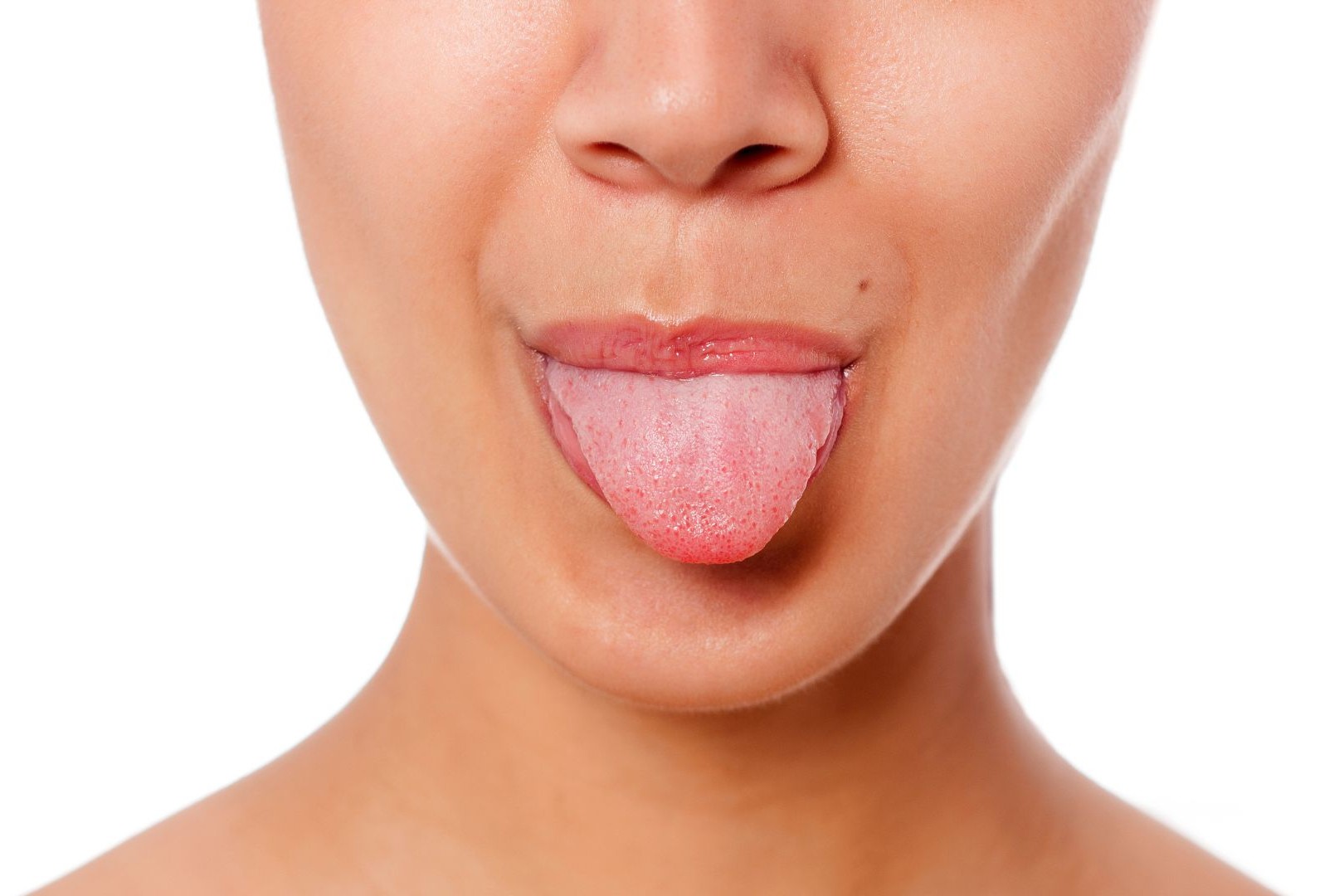
Ageusia is a condition where a person loses their sense of taste. Imagine biting into your favorite food and tasting nothing. Sounds strange, right? This condition can be caused by various factors, including infections, medications, or even nerve damage. While it might seem like a minor inconvenience, taste plays a huge role in our daily lives, from enjoying meals to detecting spoiled food. Understanding ageusia can help in recognizing its symptoms and seeking appropriate treatment. In this blog post, we'll explore 31 facts about ageusia that will give you a deeper understanding of this unique condition.
What is Ageusia?
Ageusia is the medical term for the complete loss of taste. This condition can be quite distressing, as taste plays a significant role in our enjoyment of food and drink. Here are some intriguing facts about ageusia.
-
Ageusia is rare. Most people with taste disorders experience partial loss (hypogeusia) or altered taste (dysgeusia).
-
Taste buds are located on the tongue, roof of the mouth, and throat. They send signals to the brain to interpret flavors.
-
Ageusia can result from head trauma. Injuries to the head can damage nerves involved in taste.
-
Certain medications can cause ageusia. Drugs like antibiotics, antihistamines, and chemotherapy agents may affect taste.
-
Zinc deficiency is linked to ageusia. Zinc is essential for maintaining healthy taste buds.
-
Ageusia can be a symptom of COVID-19. Many COVID-19 patients report loss of taste and smell.
-
Neurological disorders can lead to ageusia. Conditions like multiple sclerosis and Bell's palsy may impact taste.
-
Radiation therapy for head and neck cancers can cause ageusia. Radiation can damage taste buds and salivary glands.
-
Ageusia can affect appetite. Without taste, food may seem unappealing, leading to reduced food intake.
-
Taste and smell are closely linked. Loss of smell (anosmia) often accompanies ageusia.
Causes of Ageusia
Understanding what causes ageusia can help in managing and potentially treating this condition. Here are some common causes.
-
Infections can lead to ageusia. Viral and bacterial infections can damage taste buds or related nerves.
-
Aging affects taste. As people age, the number of taste buds decreases, potentially leading to ageusia.
-
Smoking can impair taste. Long-term smoking damages taste buds and reduces taste sensitivity.
-
Poor oral hygiene can contribute to ageusia. Dental issues and gum disease can affect taste perception.
-
Nutritional deficiencies can cause ageusia. Lack of vitamins and minerals, like vitamin B12, can impact taste.
-
Autoimmune diseases can lead to ageusia. Conditions like Sjogren's syndrome can affect salivary glands and taste.
-
Hormonal changes can impact taste. Pregnancy and menopause can temporarily alter taste perception.
-
Psychological factors can play a role. Stress and depression may affect taste and lead to ageusia.
-
Genetic factors can influence taste. Some people may be genetically predisposed to taste disorders.
Diagnosing Ageusia
Diagnosing ageusia involves a series of tests and evaluations to determine the underlying cause. Here are some key points about the diagnosis process.
-
Taste tests are used to diagnose ageusia. These tests measure the ability to detect different tastes.
-
Medical history is crucial. Doctors review past illnesses, medications, and lifestyle factors.
-
Imaging tests can help. MRI or CT scans may be used to check for brain or nerve damage.
-
Blood tests can identify deficiencies. Tests for zinc, vitamin B12, and other nutrients are common.
-
Salivary gland function tests are performed. These tests assess saliva production and gland health.
-
Neurological exams are part of the process. Doctors check for nerve damage or neurological disorders.
Treatment and Management of Ageusia
While some causes of ageusia are irreversible, many cases can be managed or treated. Here are some treatment options.
-
Addressing underlying conditions can help. Treating infections, deficiencies, or dental issues may restore taste.
-
Medications can be adjusted. Switching drugs or changing dosages may improve taste.
-
Zinc supplements may be beneficial. For those with zinc deficiency, supplements can help restore taste.
-
Good oral hygiene is important. Regular brushing, flossing, and dental check-ups can prevent taste issues.
-
Smoking cessation can improve taste. Quitting smoking can help restore taste sensitivity.
-
Counseling may be needed. For those with psychological factors, therapy can help manage symptoms.
The Final Bite
Ageusia, the loss of taste, affects more people than you might think. It can stem from various causes like infections, medications, or even head injuries. While it might seem like just a minor inconvenience, it can significantly impact one's quality of life. Imagine not being able to savor your favorite foods or detect spoiled food.
Treatment options vary depending on the cause, but early diagnosis can help manage symptoms better. If you or someone you know experiences a sudden loss of taste, it's crucial to consult a healthcare professional.
Understanding ageusia helps in recognizing its symptoms and seeking timely medical advice. Stay informed, and don't ignore changes in your sense of taste. It’s more than just a sensory experience; it’s a vital part of your overall health.
Was this page helpful?
Our commitment to delivering trustworthy and engaging content is at the heart of what we do. Each fact on our site is contributed by real users like you, bringing a wealth of diverse insights and information. To ensure the highest standards of accuracy and reliability, our dedicated editors meticulously review each submission. This process guarantees that the facts we share are not only fascinating but also credible. Trust in our commitment to quality and authenticity as you explore and learn with us.
